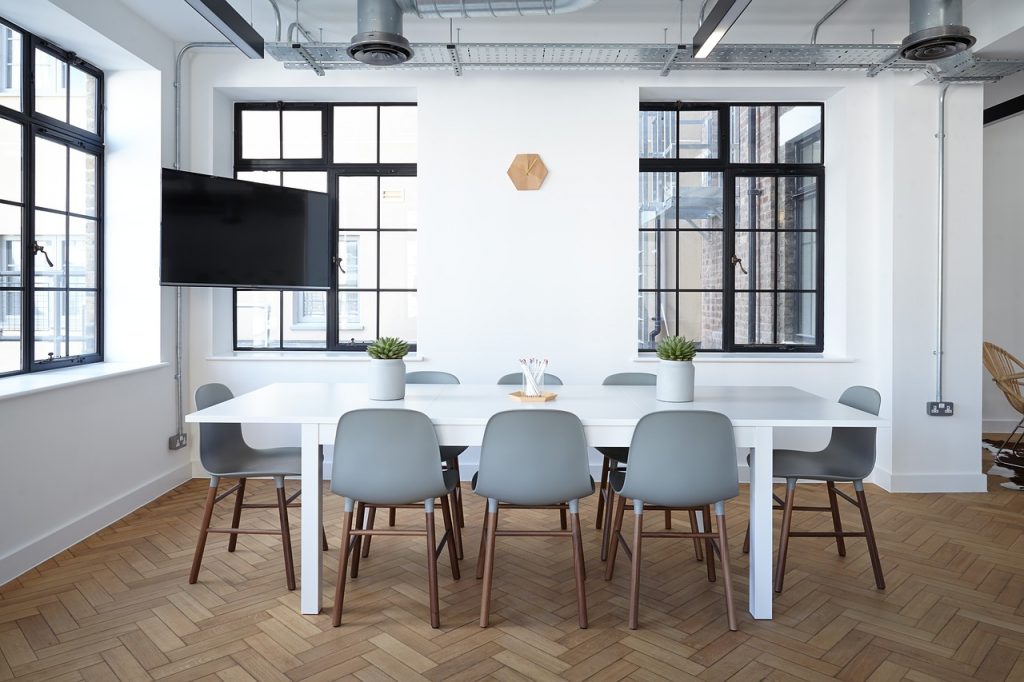With many companies saying that they’re happy for remote work to continue, at least part-time, when the COVID-19 pandemic subsides, investors are betting on a surge of interest in newer, smaller work spaces located closer to the suburbs.

Some investors are already trying to get ahead of the expected trend, eyeing empty residences and retail spaces in the suburbs that could be refitted as smaller office spaces.
A number of startups have already spotted an opportunity in the shape of flexible officer spaces for remote workers who might want to take a break from working at home. The companies typically provide a furnished, comfortable office space that can be booked for a single day, or a month. One example is Daybase, which is transforming retail spaces in the suburbs into the above concept. It says it’s idea is to create a network of smaller offices scattered throughout the suburbs, rather than try to replace traditional corporate headquarters.
The Wall Street Journal said there may be a number of benefits to this trend.
“A proliferation of new suburban office spaces could help fill empty retail space,” The Journal noted. “They could also further blur the distinction between residential and commercial neighborhoods and help remake metropolitan areas.”
Most cities in the U.S. have been built around central business districts, but urban planners say the emergence of smaller offices in the suburbs could lead to a transformation, with one of the main benefits being reduced commuting times for everyone.
Office spaces will still be needed even when the pandemic fades, because they help companies to maintain visibility in the community and serve as a place for co-workers and clients to meet and collaborate. However, many companies may give up their huge corporate headquarters in place of smaller offices that host fewer people at any one time.
The demand for flexible office spaces has already been keenly felt, rising by 21% in the second half of 2020, according to The Instant Group.
This demand is likely because remote workers need a break from sitting at home all day, said Matt Birenbaum, chief investment officer at AvalonBay Communities Inc. His company owns more than 85,000 rental apartments in the U.S. and he said it will soon launch private workspaces for some of its buildings’ residents under a new “Second Space” brand.
“It would be kind of an add-on, just like you might pay extra for a parking space or storage space,” Birenbaum told the Journal.